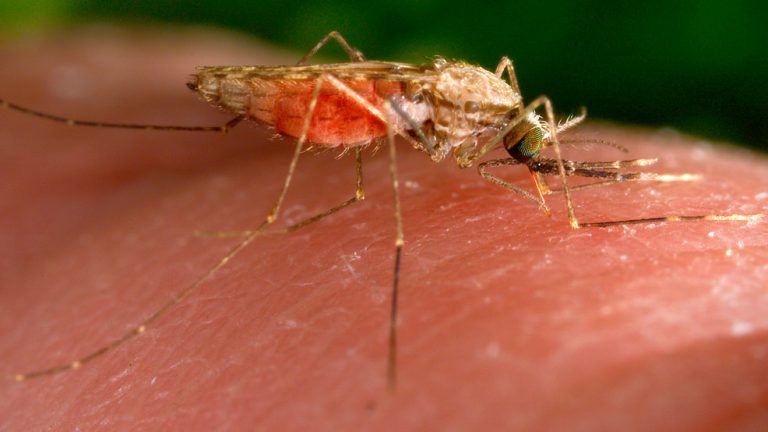HAYWOOD COUNTY, N.C. (WLOS) — As summer comes to an end and the number of recent cases increases, local health officials are urging residents in local and neighboring counties to reduce their risk of mosquito- and tick-borne illnesses.
According to a Knox News article, the Knox County Health Department is warning local residents about an increase in cases of the La Crosse virus, which is spread by mosquitoes. A recent press release from the Haywood County Health and Human Services Department also warned local residents, emphasizing the need to take precautions seriously.
“Encephalitis and Lyme disease are serious health issues that can lead to serious complications,” Haywood County Public Health Director Sarah Banks said in the release. “By taking simple steps such as removing standing water and reducing exposure to ticks, residents can greatly reduce their risk of contracting these diseases and protect themselves and their families.”
Experts warn of mosquito-borne 'Triple E' virus, urging precautions
There are six cases in Knox County, each of whom is hospitalized, all of whom are under the age of 12. The article states that “recent cases have reached the highest numbers since 2020,” and that “parents need to know the symptoms and how to protect their children.”
Dr. Chelsea Ragland, a pediatrician at Mission Hospital, said Mission Children's Hospital also had several patients hospitalized with La Crosse encephalitis this summer, some of whom were admitted to Mission's Children's Intensive Care Unit.
“Mild symptoms include fever, headache, nausea, vomiting, fatigue and lethargy,” Dr. Ragland said. “More severe symptoms include high fever, stiff neck, confusion, disorientation, coma, seizures, muscle weakness, loss of vision, numbness or paralysis.”
Symptoms usually appear within one to two weeks of being bitten by an infected mosquito, and can range from “mild to severe,” Dr. Ragland said. The most common age group for infection is 5 to 9 years old, and “more than 90 percent of cases are children under 18,” he said, although it's not fully understood why children are more susceptible to the disease than adults.
“Prevention is the best defense against these diseases,” Haywood County Development Services Program Specialist Kaylee Myers said in the release. “By working together as a community and following these guidelines, we can help keep Haywood County safe and healthy.”
Two Massachusetts towns face increased risk of human EEE infection in 2024
The Haywood County Health and Human Services Department offers a variety of ways to protect yourself and your children upon release.
Tips to prevent mosquito breeding:
Turn containers: Regularly turn over any flower pots, bird baths, buckets, or other objects that may collect water. Even a small amount of water can become a breeding ground for mosquitoes.
Throw out unnecessary items: Dispose of old tires, cans, or any other unused items that may collect water.
Clean and maintain your drains: Make sure your drains are clear of debris and drain properly to prevent water pooling.
Use screens and keep doors closed: Make sure your windows and doors have proper screens to prevent mosquitoes from entering your home.
Empty and clean pet bowls and pools: Empty and clean pet bowls, wading pools, and other outdoor water containers frequently.
Tips to prevent tick exposure and Lyme disease:
Avoid tick habitats: When spending time outdoors, especially in wooded or grassy areas, walk on maintained paths and avoid contact with vegetation.
Use a tick repellent: Apply a repellent containing DEET or permethrin to your skin and clothing to keep ticks away.
Wear protective clothing: Wear long sleeves, long pants, and tuck your pants into your socks to reduce skin exposure to ticks.
Check for ticks: After spending time outdoors, thoroughly check yourself and your pets for ticks. If you find a tick, remove it immediately using fine-tipped tweezers.
Shower and change clothes: Shower and change clothes as soon as possible after outdoor activities to reduce the risk of ticks attaching to your skin.
The Haywood County Health and Human Services Department is also monitoring local tick and mosquito populations and urges residents to report any “large areas of standing water or areas of high tick infestation” to the county's Environmental Health Division at 828-356-2108.

